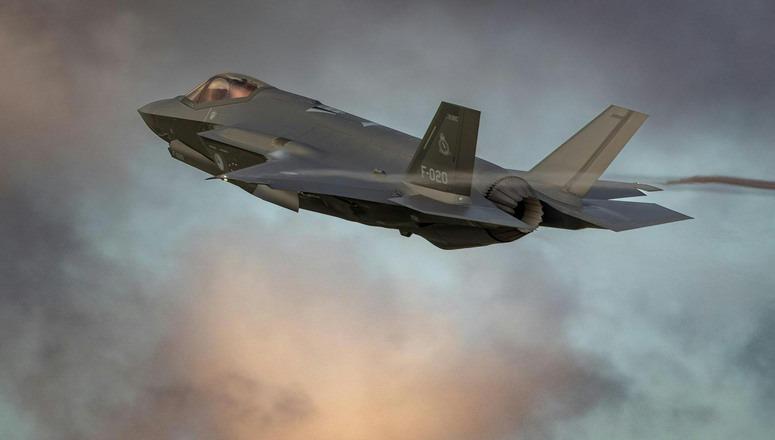NATO will begin its annual nuclear deterrence exercise, Steadfast Noon, on Monday, 13 October, the Alliance’s Secretary General Mark Rutte confirmed on Friday, 10 October.
He said the drills are designed to ensure that NATO’s nuclear forces remain “credible, safe, secure and effective” and to demonstrate that the Alliance can protect and defend all Allies against any threat.
According to NATO officials, this year’s iteration will be hosted by the Netherlands and involve 71 aircraft from 14 member states. The Alliance notes that no live weapons are used during Steadfast Noon. The exercise is long-scheduled and held annually, typically in mid-October, to train aircrews and command structures in the procedures required for nuclear deterrence missions.
Germany’s Luftwaffe has said it will contribute Tornado strike aircraft configured for the nuclear-sharing role, alongside Eurofighter jets for escort and protection duties. Media in Germany report that flying operations will be centred on Volkel Air Base in the Netherlands, with activity also expected in Belgian, British and Danish airspace. The United States is expected to participate with F-35 aircraft among other types.
Rutte underlined that Steadfast Noon is a routine training event, conducted every year, and not a response to a specific incident. Nonetheless, he said it “sends a clear signal to any potential adversary” of the Alliance’s resolve and capabilities. Similar language has accompanied previous editions of the exercise, which typically run for around two weeks and include a mix of nuclear-capable and supporting aircraft.
NATO’s nuclear posture relies on a combination of U.S., UK and French strategic forces and, in the case of the Alliance’s nuclear-sharing arrangements, U.S. nuclear weapons that can be delivered by certified aircraft of certain European Allies. While NATO does not discuss operational details, Steadfast Noon rehearses the command, control and safety procedures associated with that mission set. NATO emphasises that the drills do not involve live nuclear munitions.
This year’s exercise comes amid heightened concern in European capitals about what officials describe as a pattern of Russian “grey-zone” activity and repeated airspace incursions around NATO’s borders. In recent weeks, European leaders have discussed tougher responses to these incidents. The European Commission President, Ursula von der Leyen, has characterised Russia’s actions as part of a coordinated campaign involving airspace violations, sabotage and cyberattacks, and urged investment in counter-drone defences.
Separately, Bloomberg reported on 26 September that European diplomats privately warned the Kremlin that NATO countries are prepared to respond to further violations of Alliance airspace, up to and including the downing of Russian aircraft. The Kremlin declined to discuss the reported warning when asked by Reuters, calling such statements “irresponsible” and disputing allegations of violations.
Annual Steadfast Noon drills have been a fixture of NATO’s training calendar for over a decade. Previous editions have typically involved around 60 aircraft and roughly 2,000 personnel, with flying concentrated over several Allied nations and the North Sea.
The Netherlands’ role as host this year follows its prominent position in Alliance affairs in 2025, including the June NATO summit in The Hague and the appointment of former Dutch prime minister Mark Rutte as Secretary General. Hosting Steadfast Noon places Dutch airspace, bases and air traffic coordination at the centre of the two-week serial while Allied air forces rotate training sorties to practise planning, coordination and execution under nuclear-deterrence procedures.
First published on defencematters.eu.


